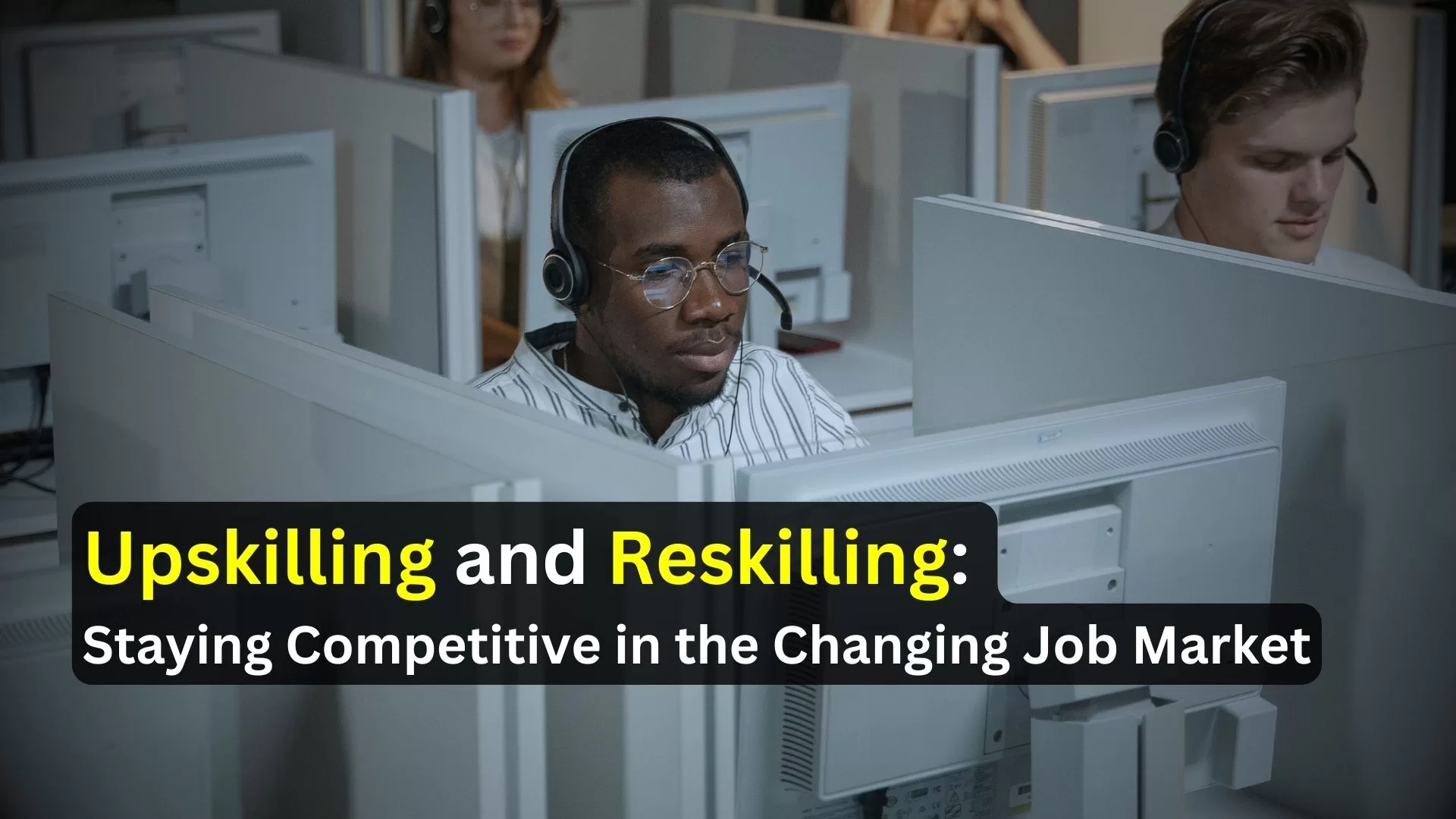The job market is constantly evolving, driven by technological advancements, changing industries, and shifting skill requirements. To stay competitive and adaptable, job seekers need to embrace upskilling and reskilling. Upskilling involves acquiring new skills to enhance existing ones, while reskilling refers to learning entirely new skills for a different job or industry. In this article, we will explore the importance of upskilling and reskilling in the changing job market and provide practical tips to help job seekers stay ahead and thrive in their careers.
1. Understand the Changing Landscape:
Start by understanding the changing landscape of your industry. Research emerging trends, technological advancements, and evolving skill requirements. Identify the skills that are in high demand and those that may become obsolete in the near future. By staying informed, you can proactively position yourself for success.
2. Assess Your Skills and Identify Gaps:
Conduct a comprehensive self-assessment of your current skills and identify any gaps that may hinder your career growth. Assess the skills that are in high demand and compare them to your existing skill set. This will help you understand which areas require upskilling or reskilling to align with the evolving job market.
3. Research Relevant Training and Development Opportunities:
Once you have identified the skills you need to acquire, research training and development opportunities that can help you bridge the gaps. Look for online courses, workshops, webinars, or certifications that offer in-depth knowledge and hands-on experience in your desired skill areas. Explore both free and paid resources to find the most suitable options for your budget and schedule.
4. Leverage Online Learning Platforms:
Online learning platforms have revolutionized the way we acquire new skills. Platforms like Coursera, Udemy, LinkedIn Learning, and edX offer a vast array of courses on various subjects and skill areas. Take advantage of these platforms to access high-quality educational content and learn at your own pace. Many platforms also offer recognized certifications upon completion, which can enhance your credibility.
5. Seek Out Professional Development Opportunities:
Apart from formal courses, seek out professional development opportunities within your current job or industry. Attend conferences, workshops, or seminars related to your field. Engage in webinars or panel discussions hosted by industry experts. Take advantage of any internal training programs offered by your company. Continuous professional development demonstrates your commitment to growth and can set you apart from other job seekers.
6. Embrace Transferable Skills:
When reskilling, identify transferable skills that can be applied across different industries or job roles. Analytical thinking, communication, problem-solving, and adaptability are examples of transferable skills that employers value in various contexts. Highlight these skills on your resume and during interviews to showcase your versatility.
7. Build a Professional Network:
Networking is a powerful tool for accessing new job opportunities and gathering valuable insights. Connect with professionals in your desired field or industry, attend industry events, and join relevant online communities. Engage in conversations, seek advice, and learn from experienced individuals. Networking can provide valuable guidance and open doors to potential upskilling or reskilling opportunities.
8. Stay Agile and Open to Change:
The job market will continue to evolve, and new skills will always be in demand. To stay competitive, adopt an agile mindset and remain open to change. Embrace lifelong learning and be willing to adapt to new technologies and trends. Continuously evaluate and update your skill set to align with the evolving needs of the job market.
Summing Up
In a rapidly changing job market, upskilling and reskilling are essential for staying competitive and adaptable. By understanding the changing landscape, assessing your skills, researching relevant training opportunities, leveraging online learning platforms, seeking professional development, embracing transferable skills, building a professional network, and staying agile, you can navigate the changing job market with confidence. Embrace the mindset of continuous learning and growth, and you will position yourself as a valuable asset in the ever-evolving world of work.



